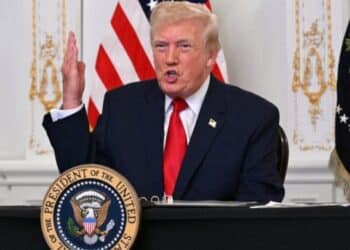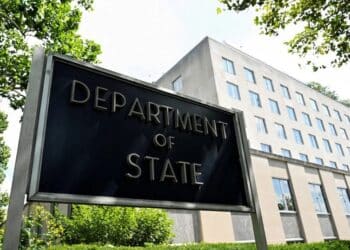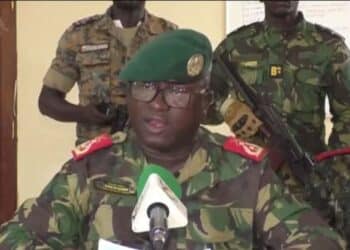WORLD powers attempted to shore up Lebanon’s stability on Friday by pushing Saudi Arabia and Iran to stop interfering in its politics and urging Hezbollah to rein in its regional activities.
Lebanon plunged into crisis on Nov. 4 when Saad al-Hariri resigned as prime minister while he was in Saudi Arabia, saying he feared assassination and criticizing the Saudis’ regional arch-rival Iran along with its Lebanese ally Hezbollah.
After international pressure and negotiations between Lebanese political factions, he rescinded his resignation on Tuesday and his coalition government, which includes Hezbollah, reaffirmed a state policy of staying out of conflicts in Arab states.
The International Lebanon Support Group (GIS), a body that includes the five members of the U.N. Security Council — Britain, China, France, Russia and the United States — met in Paris on Friday to try to reinforce Hariri’s hand to prevent a new escalation.
“Disassociation applies to everyone – inside and outside,” Jean-Yves Le Drian said at a news conference with Hariri after the meeting.
“These principles were reaffirmed this morning,” he said, later referring specifically to both Iran and Saudi Arabia.
Without naming Hezbollah, he urged all sides not to “import regional tensions” into Lebanon.
Hariri said that any breach of the policy of non-interference would drag Lebanon back into the “danger zone”.
“The disassociation policy is in the overarching interest of Lebanon,” he said.
The meeting had earlier been opened by President Emmanuel Macron. He has invested political capital in the crisis and leveraged France’s close relations with both Lebanon and Saudi Arabia to secure a deal that saw Hariri travel to Paris and open the door to a resolution of the crisis last month.
“(The Group) calls upon all Lebanese parties to implement this tangible policy of disassociation from and non-interference in external conflicts, as an important priority,” the final communique read.
Saudi concern over the influence wielded by Shi‘ite Muslim Iran and Hezbollah in other Arab states had been widely seen as the root cause of the crisis, which raised fears for Lebanon’s economic and political stability.










